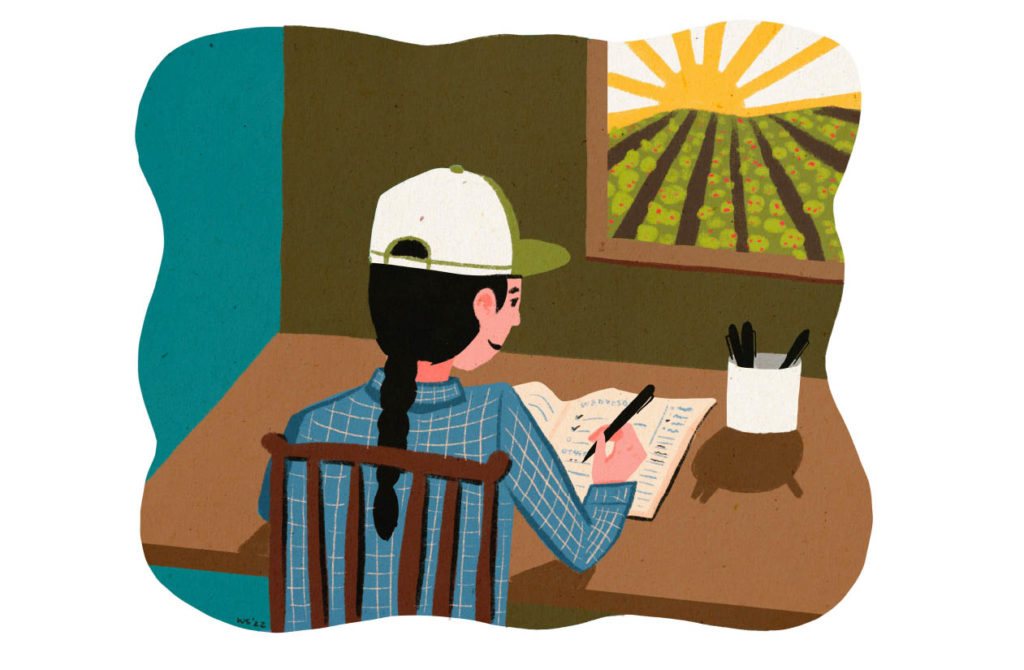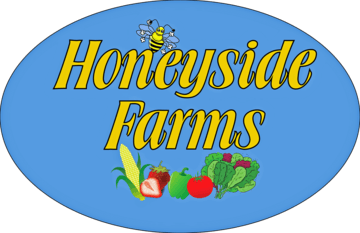By Tiffany Bailey
As a young child, I vividly remember my father going to work nearly every single day of the year. He would head to the farm early and come home late. When he got home each evening, he was tired, yet he had a satisfied look on his face. I think that look came from him knowing that he put in a hard day’s work. Hard work is hard, but it’s also satisfying.

CONSEQUENCES OF OVERWORK
I have always admired my father’s work ethic. After I graduated college and started my career working on the family farm, I had every intention of carrying on our family value of hard work. So … I worked hard. At that time, we had 350 acres of sod as well as a small organic farm that I was starting. I worked in every single aspect of the farm: planting, mowing, harvesting, irrigating, invoicing, sales, etc. I did it all.
Then I got married. After a couple of years, my husband and I decided to start a family. After the birth of our first child, I continued to keep up the intense pace of work along with navigating motherhood. The words “maternity leave” did not exist in my vocabulary. Then baby number two came. Suddenly, I found myself struggling to make it all happen. On the outside, everything appeared to be great. My children were healthy, and the farm was thriving. But, on the inside, I was struggling. I felt like something was always being compromised. If I spent extra time at work, I was compromising time with my family. And vice versa.
I came across an internet article about time management and the consequences of overworking. It hit me like a ton of bricks. The same hard work ethic that I prided myself so much on had caused me to go, go, go and never look up and out. I quickly and painfully realized that if I wanted both my family and my farm to keep thriving, I would have to change the way I went about everything.
WRITING IT DOWN
I started to research time management and productivity. I bought a planner called the Full Focus Planner. Implementing it changed my life.
At first, I started small by just writing down three things every morning that I must accomplish that day. This then led to organizing my week and eventually creating quarterly and annual goals.
My favorite tool inside the Full Focus Planner is called The Ideal Week. The Ideal Week is a tool that helps prioritize important activities as well as batching the reoccurring tasks that happen (or should happen) on a consistent basis.
BIG BENEFITS
Creating this routine of consistency has paid huge dividends. I was able to create enough margin where I could leave the farm for a few days and take some business coaching courses. I learned about automating, delegating and creating accountability in my business. I faced the hard truth that while I was always working hard, I was often doing tasks that could be done by someone else. I often hear farmers say, “I can’t trust anyone to do the work, so I just have to do it myself.” Sometimes this is certainly true, but sometimes it’s just not.
By taking a hard look at my own time management and productivity, I was ultimately able to expand our farming operations, grow my family and become a better person to be around.
As farmers, we often wear our work ethic as a badge of honor. We should be very proud of it, but there is real danger in working hard and not stopping to consider exactly what we are working on. We all owe it to our farms, our families and ourselves to stop, breathe and be as intentional as we possibly can with our time.
Tiffany Bailey is owner of Honeyside Farms in Parrish, Florida.










